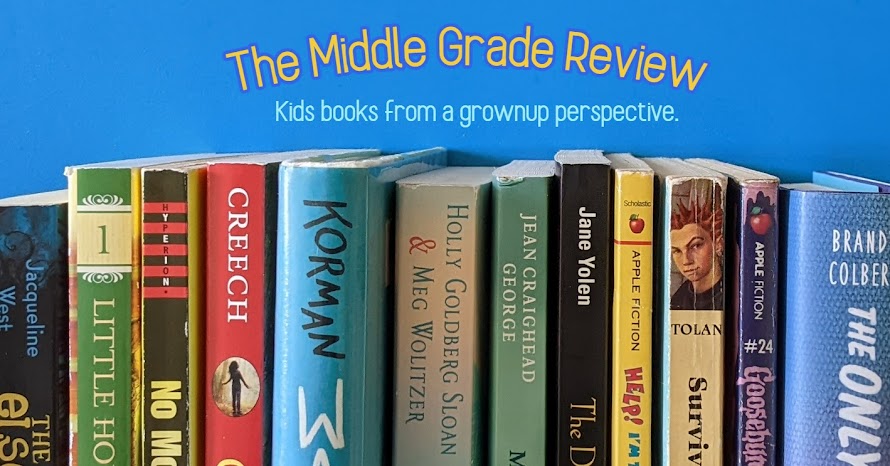The Devil's Arithmetic (Jane Yolen)
12-year-old Hannah from Rochester is bored with Judaism. The Torah is read yearly and there's the annual cycle of holidays... Her family makes the same conversations at every gathering and they retell the same old memories... Like repeating a word over and over and over till it loses meaning, these traditions have lost their meaning for Hannah. She has even shown an interest in her Catholic bestie's holidays, and one year Hannah scribbled in pen a number across her arm to mock her grandfather, a Shoah survivor.
But at this year's Passover, Hannah is a bat mitzvah. She's offered a seat among the adults and is given wine, not juice. And maybe it's the wine affecting her, or maybe a real miracle is taking place, but when Hannah performs the ritual opening of a door to greet the prophet Elijah, she is transported to the past where she must face Nazi-controlled Poland firsthand.
What follows is a sadly familiar concentration camp description, made freshly haunting through Hannah's perspective. She is a child, shocked by the insanity of Nazi rule, its stark contrast to the freedom of youth, made starker by Hannah's modernity. In the 1980s, she enjoyed comfort beyond anything experienced by her 1940s counterparts. At the same time, she has "premonitions" of what horrors await prisoners, evil inconceivable and unbelievable to pre-WWII Jews.
Jane Yolen composes a nightmare that gives way to an unexpectedly beautiful rebellion. Not a violent uprising, not warfare, but sacrifice, a refusal to betray the Jewish principle of human sanctity, even at the cost of living. Of course, self-defense is defended—perhaps commanded—by the Torah, but Yolen seems to be suggesting that the Jewish principle that humanity is sacred is also upheld first by sacrificing one's wellbeing for the safety of another, and then by the person for whom the sacrifice was made cherishing and revealing to others the importance of that sacrifice.

.jpg)
Comments
Post a Comment